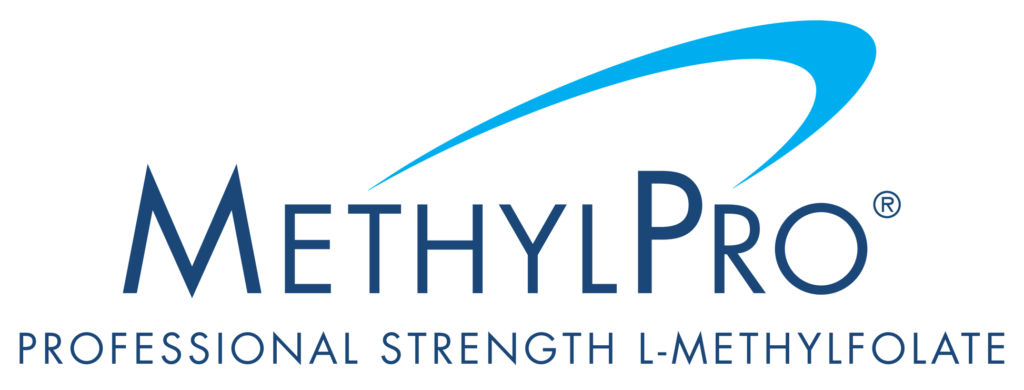Do You Have Genetic Variations Affecting Folate Processing?
As personal genomics services like 23andMe become more popular, many individuals are discovering insights into their genetic makeup that can influence their health and wellness. One key area of interest is understanding how genetic variations might affect your ability to process folate, a vital B vitamin. This article will guide you through MTHFR gene testing: interpreting your 23andMe results, specifically looking for variations that impact folate metabolism, and providing advice on what steps you can take if you find that you have these variations.
Understanding Folate and Its Importance
Folate, also known as vitamin B9, is essential for DNA synthesis, repair, and methylation, as well as red blood cell formation and the metabolism of homocysteine. An efficient folate metabolism is crucial for these processes to function properly. Many people, however, have genetic variations that can affect their ability to convert folate into its active form, L-methylfolate.
Genetic Variations and Folate Metabolism
One of the most significant genes involved in folate metabolism is the MTHFR (methylenetetrahydrofolate reductase) gene. Variants of this gene can impair the conversion of folic acid into L-methylfolate, potentially leading to decreases in functional folate. Of 20 known polymorphisms, the most common MTHFR variants are C677T and A1298C [1].
- C677T: Individuals with one copy of the C677T variant (heterozygous) have a moderately reduced enzyme activity, while those with two copies (homozygous) have significantly reduced enzyme activity [1].
- A1298C: This variant also reduces MTHFR enzyme activity, but typically less so than C677T [1]. Having both variants (compound heterozygous) can also impact folate metabolism.
How to Check Your 23andMe Results
If you have your genetic data from 23andMe, you can check for these MTHFR variants by following these steps:
- Log in to 23andMe: Access your account and navigate to the “Reports” section.
- Browse Reports: Look for reports related to folate metabolism or the MTHFR gene. If this information isn’t directly provided, you might need to download your raw genetic data.
- Analyze Your Raw Data: Use third-party services like Promethease or Genetic Genie to upload your raw data and generate a detailed report on your MTHFR status.
Interpreting Your Results
Once you have your genetic report, look for the MTHFR gene and note whether you have the C677T or A1298C variants:
- No Variants: If you don’t have any of these variants, your folate metabolism should be normal. While standard folic acid supplements might be sufficient for you, L-methylfolate is the most bioavailable form of folate supplement and will not cause a build-up of unmetabolized folic acid [2].
- One Variant (Heterozygous): If you have one copy of either variant, you may have slightly reduced folate metabolism. Consider discussing with your healthcare provider whether you might benefit from L-methylfolate supplements.
- Two Variants (Homozygous or Compound Heterozygous): If you have two copies of a variant or one of each variant, your folate metabolism could be significantly impaired. In this case, supplementing with L-methylfolate is often recommended to ensure your body gets the active form of folate it needs.
What Should You Do Next?
If your 23andMe results indicate that you have genetic variations affecting folate processing, here are some steps to consider:
- Consult a Healthcare Professional: Discuss your genetic findings with a healthcare provider who can interpret the results in the context of your overall health and medical history.
- Consider L-Methylfolate Supplements: Unlike standard folic acid, L-methylfolate doesn’t need to be converted by the MTHFR enzyme, making it a more effective option for those with MTHFR variants. MethylPro® offers L-methylfolate supplements in a range of dosing options, with or without other methylation-supportive nutrients.
- Monitor Your Health: Keep an eye on your homocysteine levels, as high homocysteine can be a sign of impaired folate metabolism, and is a risk factor for developing cardiovascular issues [3]. Regular blood tests can help ensure you are maintaining optimal levels.
- Adopt a Folate-Rich Diet: Incorporate foods high in natural folate, such as leafy greens, legumes, and citrus fruits, into your diet. Even if you take L-methylfolate supplements, dietary sources of folate are still beneficial.
Final Thoughts
Interpreting your 23andMe results to understand your folate metabolism can provide valuable insights into your health. If you discover that you have genetic variations like MTHFR that affect folate processing, taking proactive steps such as supplementing with L-methylfolate and consulting with a healthcare provider can help you maintain optimal health.
For high-quality L-methylfolate supplements tailored to your needs, explore our catalog of MethylPro® offerings. Empower your health with the right information and the cleanest supplements available.

